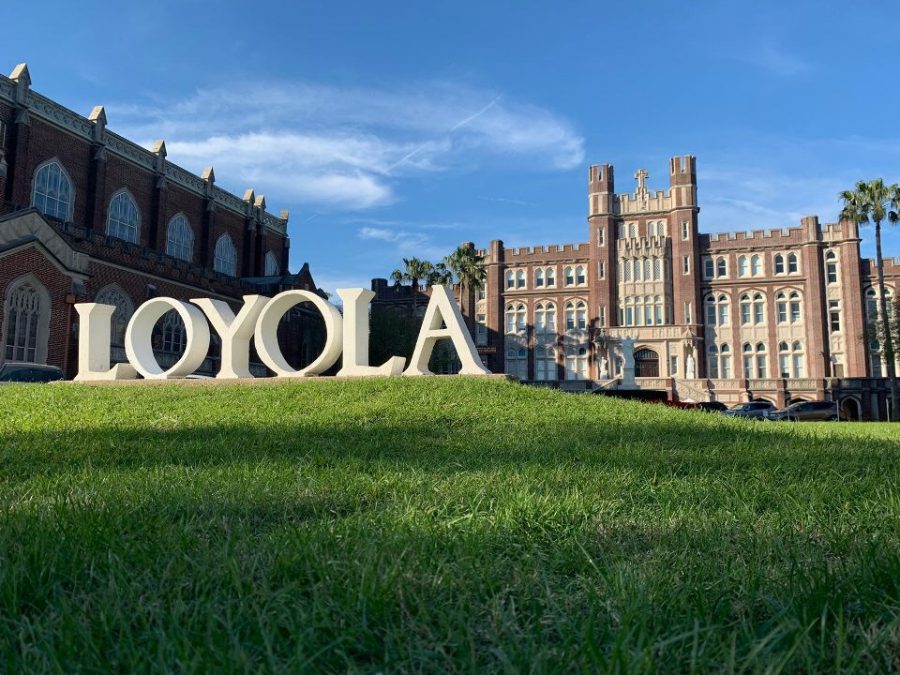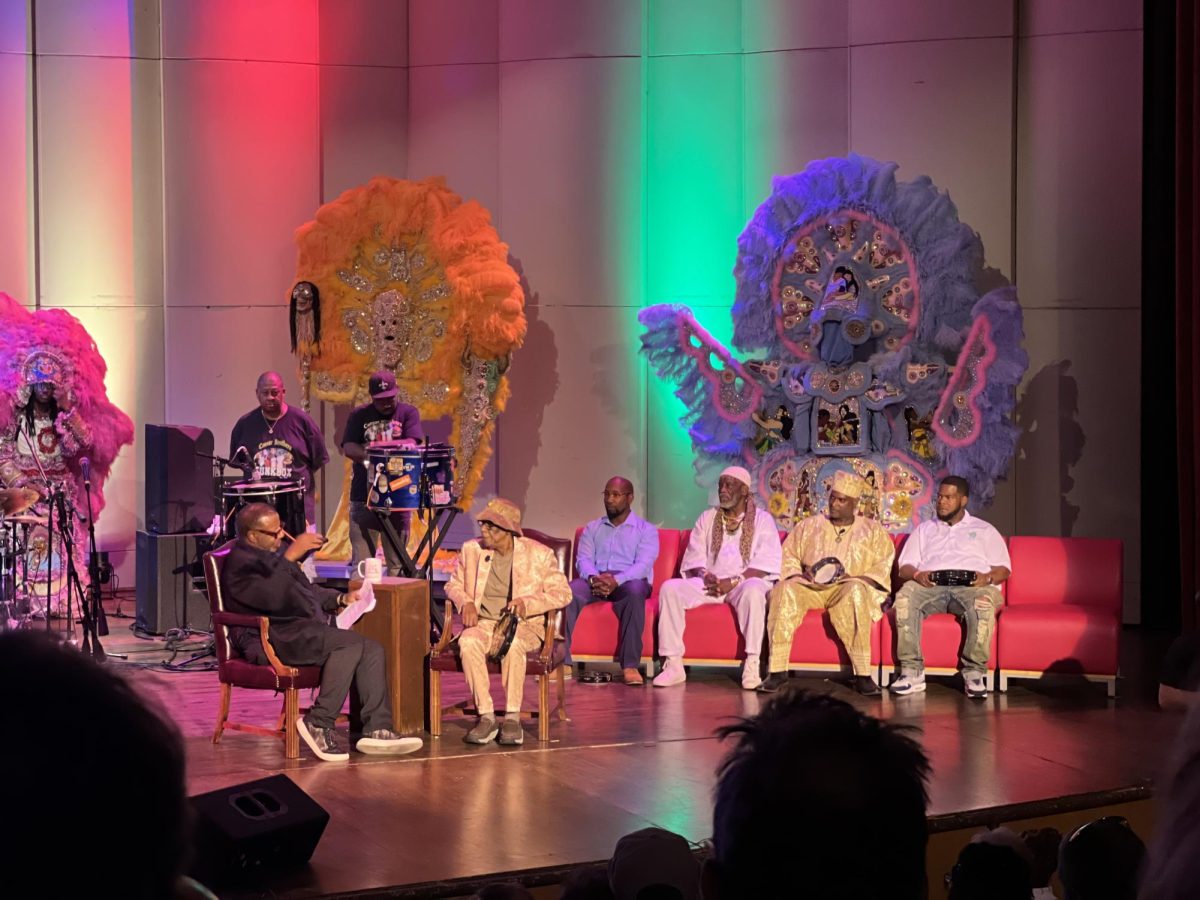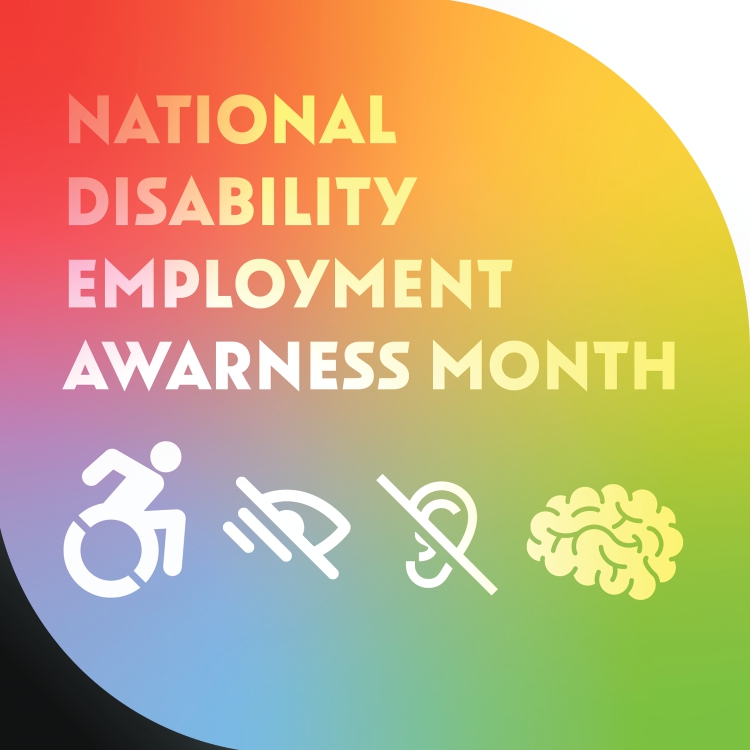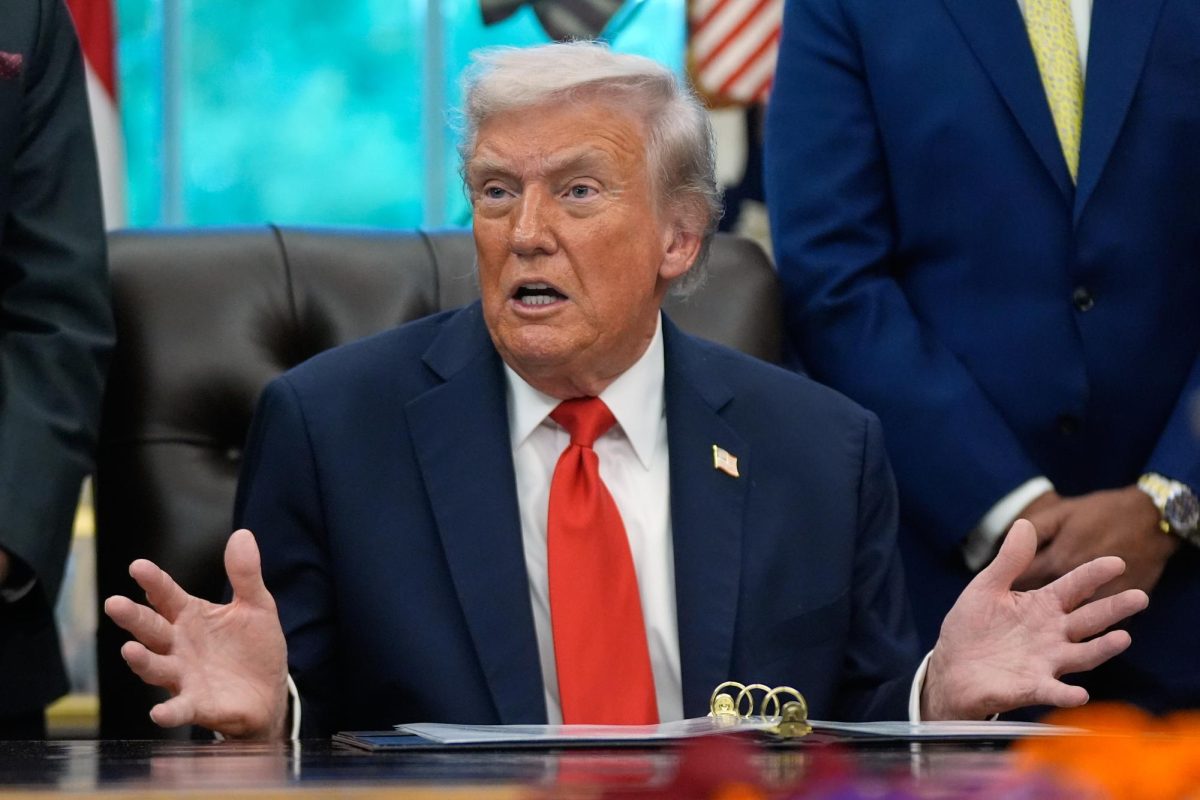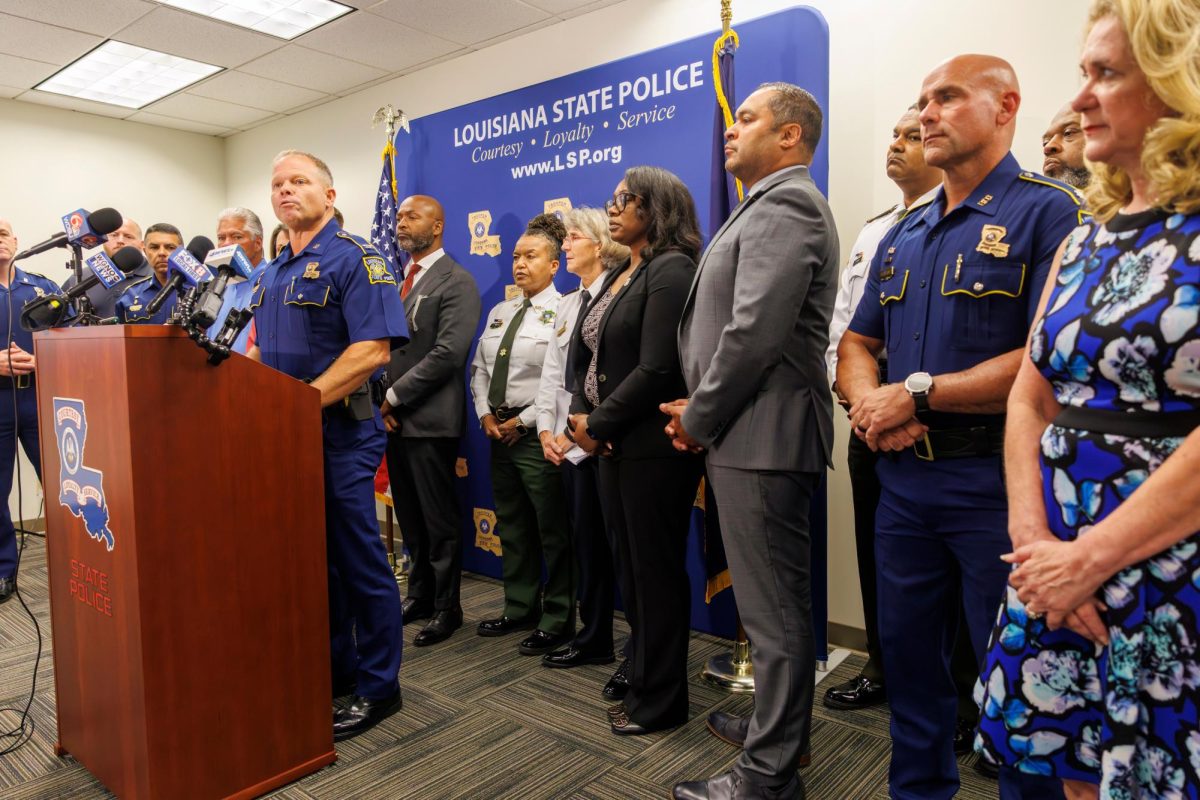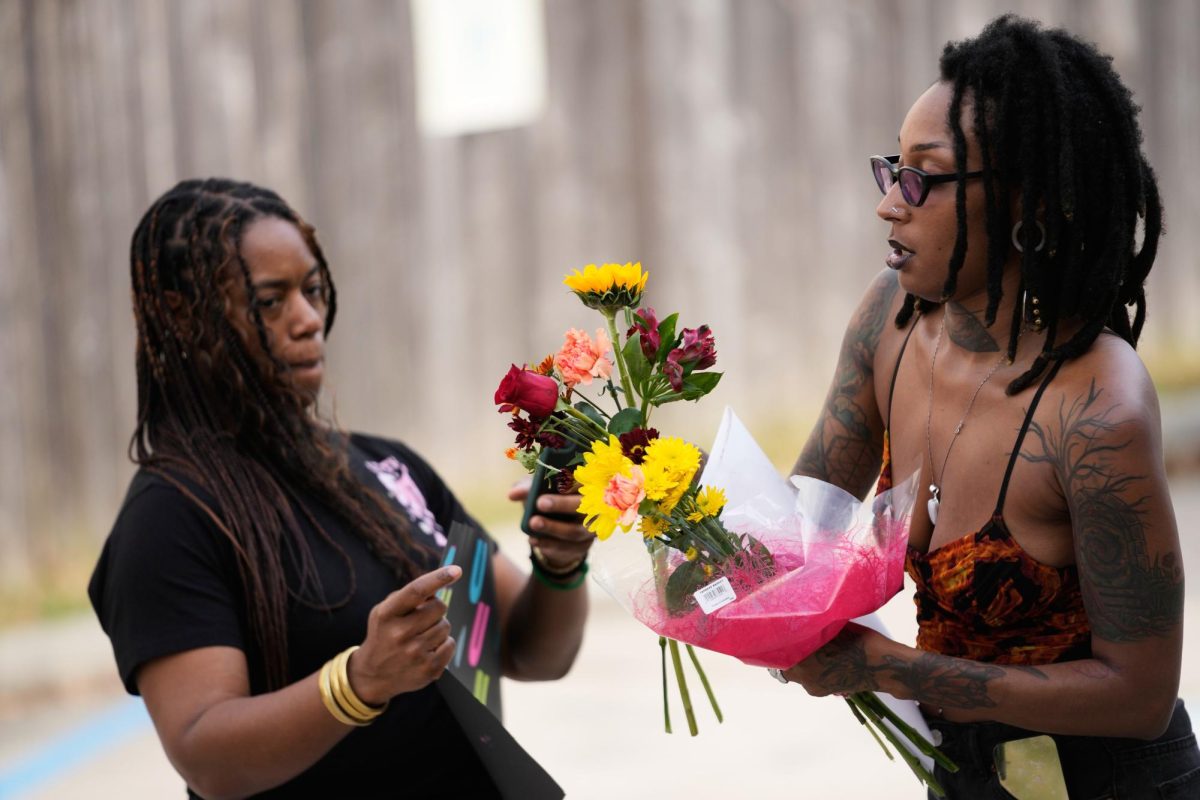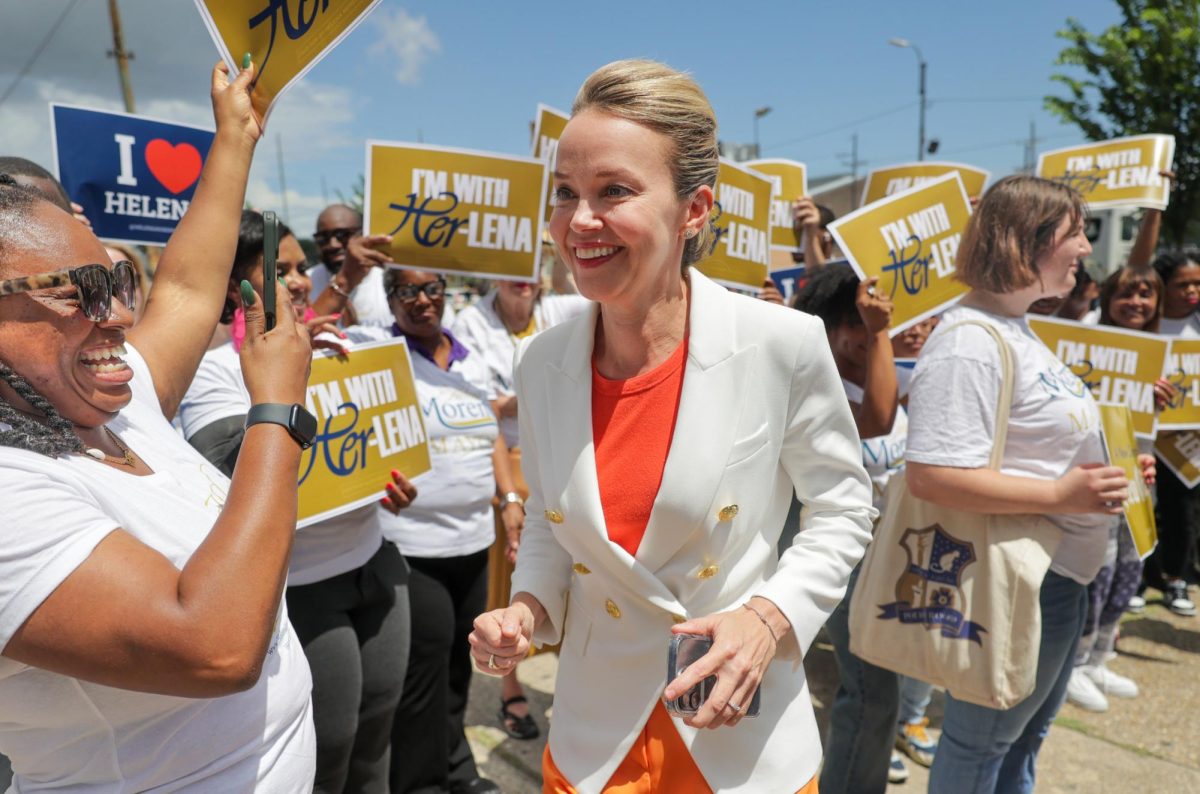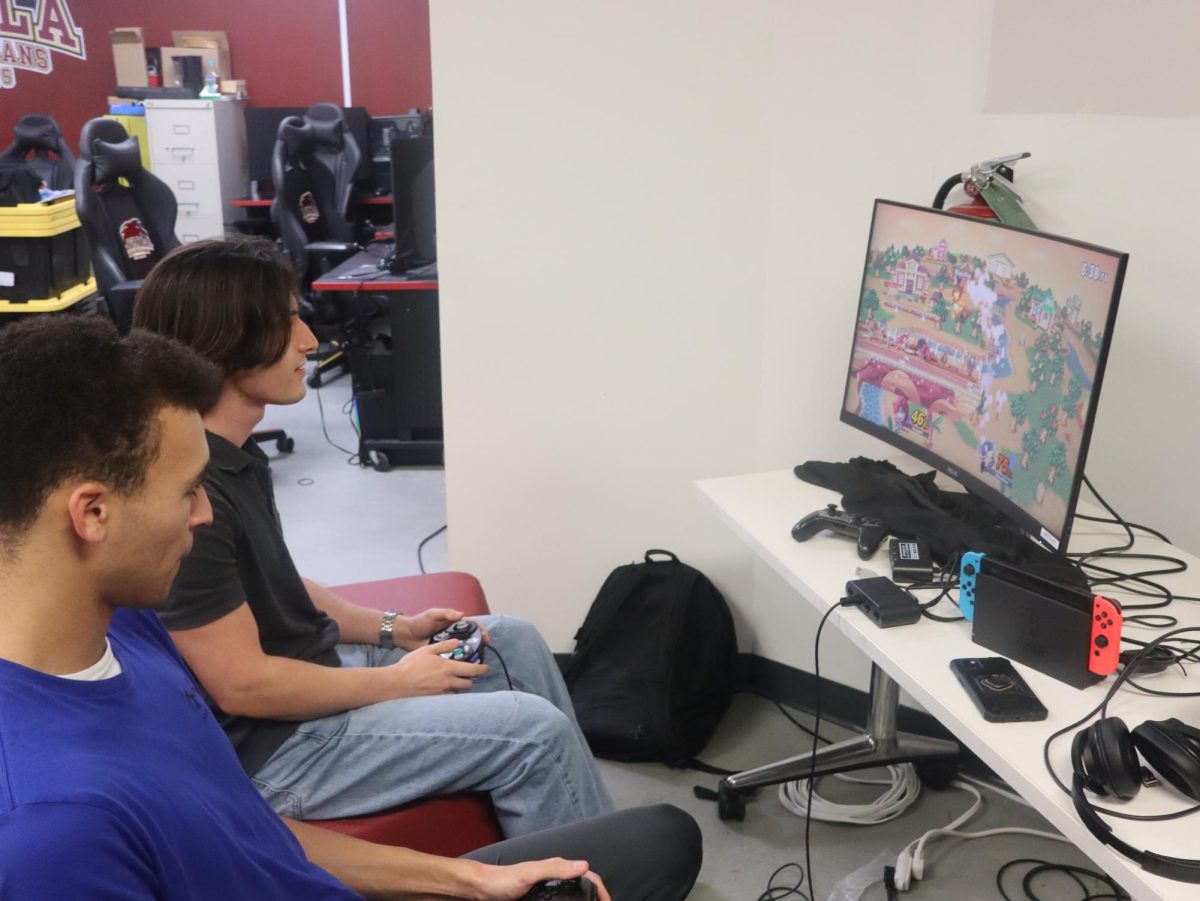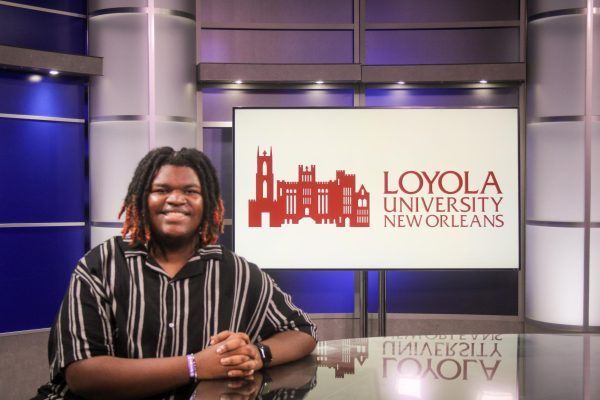As Loyola partakes in the Mission Priority Exam this year, the chairs of the process are adjusting to a change in criteria. This round of assessment is the first time that the four universal apostolic preferences have been utilized as criteria.
The preferences, approved by the late Pope Francis, are showing the way to God, walking with the excluded, caring for our common home, and walking with youth.
Every seven years the university partakes in a Mission Priority Examen, a survey aimed at gathering first-party data collected from students, faculty, and other stakeholders within Jesuit institutions.
While the general approach of the examen remains consistent in regard to its assessment of how effectively Loyola is living out its mission, the standard of the assessment is always subject to change, according to Thomas Ryan, university chaplain and professor of theology for the institute of ministry who serves as the co-chair of the MPE process.
The results of the examen are then assessed to see where the university falls in reaching the goals in alignment with those preferences.
The university is asked to report on what it is doing to live these preferences laid out by Francis, and asking people if they feel like, in a given year, the university is living out its mission statement.
The purpose of the MPE is to evaluate where the university stands in its pursuit of Jesuit ideals. It’s a time for the Loyola community to reflect on what the university has excelled at and where it needs improvement.
Loyola is one of 28 Jesuit colleges throughout the United States and Belize and falls under the direction of the Association for Jesuit Colleges and Universities, according to vice president of mission and identity and co-chair of the examen, John Cunningham.
According to Cunningham, the AJCU acts as a “consultation group” for Jesuit colleges, helping them as needed.
“What we typically do is [ask], ‘What are the strengths you see in the mission for yourself, what are the challenges, and what are your hopes for the future?’” Cunningham said.
The most recent cycle was completed in 2020 and the beginning of the current cycle has been pushed back a year because the university is in a strategic plan formation where the university considers the goals it wants to achieve by 2030.
After the conclusion of the preliminary report, representatives from the AJCU will be present on campus to interview faculty and students and check for similarities and differences from what was established in the report.
When this part of the process is completed, a comprehensive report is written and sent to Rome, according to Cunningham.
Cunningham describes the mission priority examen as “a spiritual assessment of your mission in somewhat of the framework of an evaluation or an accreditation.”
There is a possibility that the feedback for any university could be, “We have serious concerns about your institution living the Jesuit mission.”
Cunningham stated that “technically they could write a letter saying, ‘you’re not a Jesuit school anymore.’”
Ryan said, “One of the things that I’ve learned from listening to faculty, staff, students, and the board of trustees is that Loyola’s mission, especially [its] emphasis on social justice, concern for the environment, [and] sense of community here, is that our ideals are really inspiring.”
He went on to say, “In a lot of ways we are living out those ideals, but it’s also clear that there are gaps between our ideals, these four universal apostolic preferences and how we’re actually living that out.”
According to Ryan, the MPE gives the university an opportunity and a reminder to be intentional about its goals. And the real gift has been hearing the feedback about how the university has been doing in its goals, and it reaffirms the fact that the work Loyola does is effective.
He describes the importance of the Mission Priority Examen as “like a tap on the shoulder… saying, “Hey, remember this is your mission. How are you doing with that? How can you do better with that?”
“I love Loyola’s mission; I’m very inspired by it, and I think the more we can live it out and the more effectively we can live it out, the better Loyola can be and the better Loyola will be as a community but also the better Loyola can be as a witness to the world about the goodness and importance of social justice,” Ryan said.


